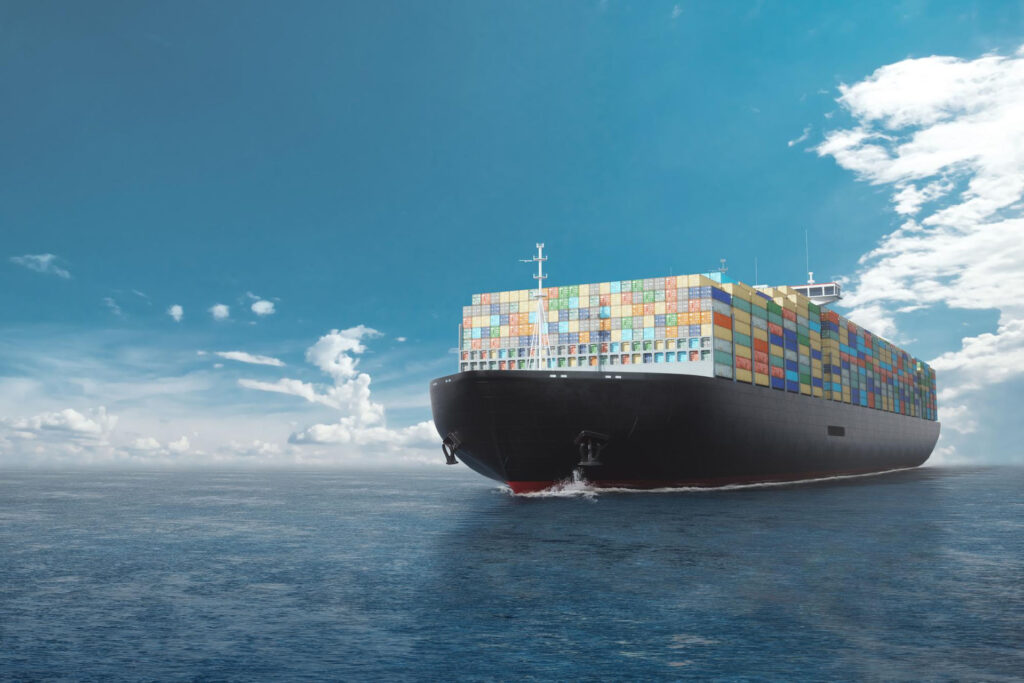Supply Chain Disruptions are an unavoidable challenge in today’s interconnected global economy, impacting businesses across industries. Whether caused by natural disasters, geopolitical tensions, or unexpected global events, these disruptions can significantly hinder the flow of goods, materials, and services. To minimize the impact of supply chain disruptions, businesses must implement comprehensive resilience strategies.
This includes diversifying suppliers and sourcing regions, investing in advanced technologies like AI and machine learning for real-time tracking and predictive analytics, and establishing flexible logistics systems that can quickly adapt to changes.
Additionally, fostering strong relationships with key partners and maintaining contingency plans can further bolster resilience. By proactively addressing supply chain disruptions, businesses can reduce risks, ensure continuity, and maintain their competitive edge. Ultimately, these strategies not only help businesses recover quickly but also position them to meet customer demand consistently, even in times of crisis
Natural Disasters
Events like earthquakes, hurricanes, floods, and wildfires can disrupt transportation routes, damage infrastructure, and disrupt production facilities.

Geopolitical Tensions
Supply chain disruptions caused by geopolitical tensions, including trade disputes, sanctions, and political instability, can severely impact global trade. These tensions lead to delays, uncertainties, and bottlenecks that ripple through supply chains, disrupting the flow of goods and services. Political instability can cause trade routes to be blocked or restricted, increasing transportation costs and complicating the sourcing of raw materials.
Supply chain disruptions of this nature also hinder the ability of businesses to meet production deadlines, affecting their capacity to fulfill customer orders on time. For companies dependent on international supply chains, these disruptions can lead to higher operational costs, reduced profitability, and strained relationships with customers and partners. In extreme cases, geopolitical tensions can also shift trade dynamics, forcing businesses to explore new suppliers or markets.
Ultimately, these disruptions impact not only businesses but also consumers, who experience delays in product availability and price increases. Therefore, managing supply chain disruptions caused by geopolitical tensions requires strategic planning, flexibility, and the development of contingency measures to minimize their long-term effects.
Supplier Issues
Supply chain disruptions caused by supplier issues such as bankruptcy, financial instability, quality concerns, or production delays can have far-reaching consequences throughout the entire supply chain. When a supplier faces difficulties, it creates a ripple effect that impacts every stage of production, from sourcing raw materials to final product delivery. For example, financial instability or bankruptcy can result in unexpected shutdowns, causing delays in order fulfillment and making it challenging for businesses to find alternative suppliers on short notice.
Quality issues may lead to product recalls, tarnishing a brand’s reputation and incurring additional costs. Similarly, production delays can result in backlogs, forcing companies to adjust delivery timelines or seek costly expedited shipping methods. These supply chain disruptions often lead to higher operational costs, strained relationships with customers, and a loss of competitive edge. To mitigate these risks, businesses must maintain strong supplier relationships, diversify their supplier base, and have contingency plans in place to quickly respond to unexpected supplier challenges.

In today’s interconnected global economy, supply chain disruptions are an inevitable challenge that businesses must navigate. Factors such as natural disasters, geopolitical tensions, and unforeseen events can severely impact the flow of goods. To mitigate these risks, businesses must develop robust supply chain resilience strategies. These strategies include diversifying suppliers, investing in technology for real-time tracking and monitoring, and maintaining flexible logistics operations. By building resilience, businesses can ensure that disruptions have minimal impact on their operations, enabling them to quickly adapt, recover, and continue meeting customer demand while staying competitive in an ever-changing market.

